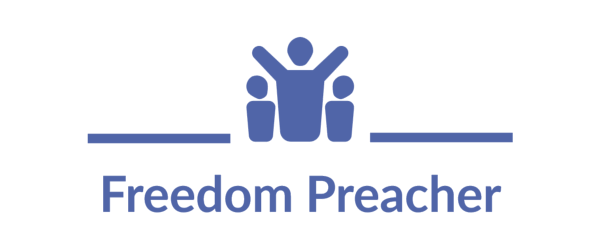As a young man, I learned a thing or two about freedom from a quite unconventional Englishman as he described his “free school.”
The Englishman was A. S. Neill, founder of Summerhill School. Summerhill was one of the early free schools, founded in England by Neill in the early part of the twentieth century. The somewhat quaint phrase — freedom does not mean license — refers to the principle on which the school operated, today more commonly known as “live and let live.”
The school caused quite a stir in its day by breaking with the tradition of compelling students to attend class. They didn’t have to attend classes at all if that was their preference. But the rest of the rule was crucial: They were not allowed to interfere with or disrupt in any way the function of the school, including the other students who were in fact attending classes. (And doing interesting stuff — something that gradually dawned on even the most reluctant of the “refusers.”)
Freedom does not mean license.
This was really an eye-opener for me! I was in my mid-twenties at the time and busily trying to figure out how the world works. I was already aware of and highly suspicious of the massive amounts of conflict in our world, although I really didn’t know what if anything could be done about it.
I was somewhat familiar with various freedom philosophies and ideas, but mostly they seemed to imply that if people were free to do what they wanted, all Hell would break loose and the result would be chaos and destruction. This simple yet powerful statement by the British school teacher opened the door for me and made me realize that freedom was only half of the equation. The rest of it, the part frequently left out by those wanting to dismiss the idea of freedom as impractical, is responsibility.
This, I realized, changes everything.
As important as it was, however, this was only part of the realization that dawned on me as a result of reading this book. The other principle was illustrated by the school’s experience with difficult children, usually those coming in from more traditional schools with a high emphasis on compulsion.
Sometimes these children would do nothing at all for long periods of time, almost daring the new teachers to go back on their principles and force them to do something.
In other cases, the students would go out of their way to disrupt classes and generally make as much trouble as possible in the new more relaxed environment in which they found themselves. In these cases, the unruly students quickly discovered that the “does not mean license” part of the saying was not an empty threat or a paper tiger. They were simply prevented from disrupting the others, although they were still allowed to avoid classes for as long as they wished.
Freedom does not mean license. You don’t have to go to class, but you can’t mess things up for those that want to.
The really interesting thing was that after a while, virtually all the students wound up going to classes and generally getting involved with the school. When they realized no one was going to force them to do anything, at some point their natural curiosity kicked in and got the better of them.
This is the part of the story that convinces me that many conflicts can frequently be reduced if not eliminated. Many people believe that some people are just difficult, it’s part of human nature, and you can’t really do much about it. But the experience at Summerhill led me to realize that the world affects us, and we in turn affect the world.
More to the point: The difficult students at Summerhill apparently were in many cases simply reacting to the prior environment that they found objectionable. When this environment changed – and a sufficient amount of time had passed – their behavior became much more tolerable.


